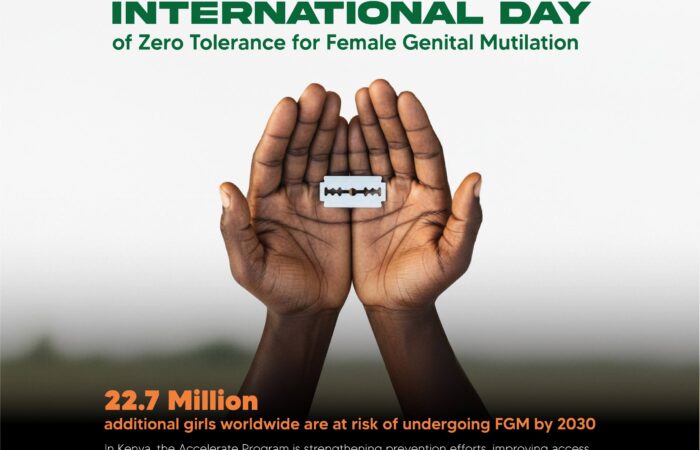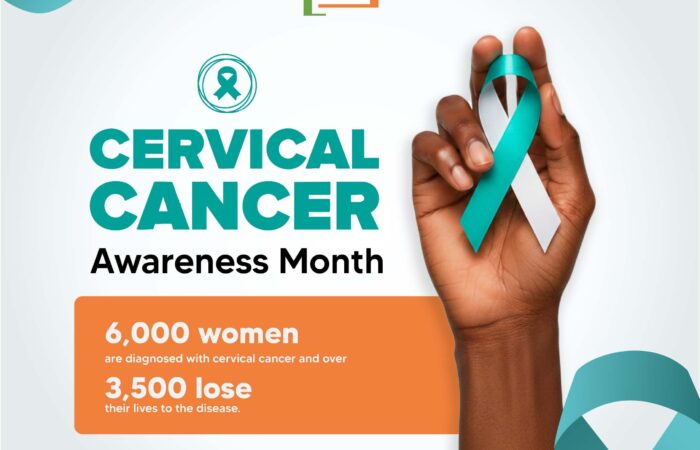The impact of family planning training initiatives spearheaded by PS Kenya’s DESIP progamme in 2019 and subsequent years is evident in the transformative journey of healthcare providers turned trainers of trainees. These professionals successfully addressed persistent challenges in family planning through a well-structured mentorship model. Issues such as recurrent stock-outs, myths and misconceptions surrounding contraceptives, insufficient male involvement, and a lack of community engagement were effectively tackled, as highlighted by County Reproductive Health Coordinator Mrs. Salina Labatt.
A shining example of this success is Norah Yator, former Reproductive Health Coordinator at Kabartonjo Sub County Hospital and a trainer of trainees in Baringo County. Benefiting from the Reproductive Health/Family Planning training and mentorship initiative supported by DESIP, Norah shared her journey. “When I first underwent training in 2019 on RH Module 1, I wondered how to impart the knowledge and skills in Baringo County. With the support of the DESIP Program, I rose to the level of training colleagues on modern contraception methods such as the Hormonal IUCD and postpartum FP.”
In addressing a significant barrier to the provision of Long-Acting Reversible Contraceptives (LARC) services in Baringo, the project focused on enhancing skills and providing essential job aids. Training sessions on LARC methods in 2019, led by Norah Yator and others, benefitted over 30 healthcare providers, including those in the private sector. Assessments were conducted on skills application, knowledge retention, and participants received vital mentorship. The positive outcomes were unmistakable, with an increased uptake of LARC, notably a rise in IUCD insertions from 14 to 56 in the visited facilities, with Baringo North sub county being a significant beneficiary.
According to data DHIS, Family Planning uptake in Baringo County was below 33% in 2017. Through strategic interventions by DESIP and the Ministry of Health, contraceptive uptake rose to 47% at the facility level. This success was mirrored in increased numbers as reported in monthly statistics. Supportive supervisions, in-reaches, and outreaches played a crucial role in bridging identified gaps, contributing to the advancement of Family Planning gains across all levels of health delivery points.
The impact of the RH/FP periodic training and mentorship initiative extended beyond Baringo County, as neighboring counties such as Elgeyo Marakwet and West Pokot adopted similar strategies with support from the DESIP Program in collaboration with the Ministry of Health. DESIP, a UK-Funded Program, is committed to delivering sustainable and equitable increases in family planning in low contraceptive prevalence rate (CPR) counties, aligning with Kenya’s ‘Vision 2030.’




